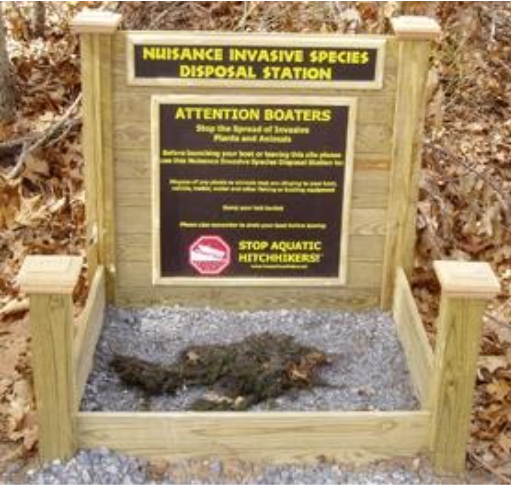Plant guests that are aggressive, greedy, noxious or unsafe should be escorted out the door before they ruin the party for everyone! In some cases, weeds can even harbor pests, diseases and hormones that can harm your garden.
Why is Weeding Important?
There’s a big difference between splitting a cheese pizza between 3 of your friends on a Friday night hang vs 20 unexpected guests suddenly showing up, right? It’s the same in your garden bed: Each plant needs a certain amount of recommended space in order to absorb sufficient sunlight, water, and soil nutrients to thrive. (Read the back of your seed packet to see what the appropriate spacing is for your crops.) If any other plants encroach on your plant’s space, it’s time to ask them to leave!
What is a weed, anyway?
A weed is a super-competitive plant that was not planted on purpose. These plants often reproduce very quickly (both by seed and rhizome) and thrive in difficult conditions. In the right context, a number of plants usually thought of as weeds may actually be helpful—in controlling erosion, serving as food for wild animals, birds or humans, or can be considered beautiful in their own right. Some plants considered a weed in one culture may be considered a delicacy in another culture, and a plant that behaves respectfully in one climate may be totally aggressive in another climate. It’s all relative!
How can you assertively remove plants that come to crash the party?
-Weed Watch: It’s important to identify weeds correctly and stop a weed problem before it gets out of hand. Find a list of common weeds and what to do about them here.
There are a few recommended methods for handling weeds:
- Pulling plants out by the roots.
-Use a garden fork or hoe to really dig out the entire root- many weeds can respawn from even tiny pieces of their roots!
2) Mulching
– Smother weeds with black plastic, cardboard, straw, or wood chips. Blocking sunlight can slow a weed’s ability to photosynthesize.
3) Cutting or Mowing
– Slow down growth enough that
cultivated plants gain a competitive edge
– Prevent from flowering, producing seed

4 ) Altering conditions
– Avoid conditions encourage weed growth, such as regular tilling or plowing
– Changing the pH can sometimes make sites less welcoming to weeds
5) Replace weeds with a fast-growing plant you actually want
– Plant a nitrogen-fixing cover crop that occupies the space weeds would grow, or fast-growing vegetables like radishes or lettuce.
6) Be persistent! Weeds are simply plants that have adapted to thrive and reproduce rapidly, even in difficult conditions. Weeds are going to keep trying to take over the party. You need to keep harassing these weeds until they give up and decide to hang out someplace else.
What should I do with weeds after they are removed?

-Solar cook your weeds after you remove them.
-As long as you remove weeds before they have gone to flower, most weeds can simply be added to the compost pile. If they are flowering, put them in a plastic bag and remove from your garden so you don’t spread the seeds everywhere.
-If you’re dealing with invasive species, put them in a plastic bag in the sun so they dry out and kill any rhizomes, then put them in the trash. Find a list of NYS Invasive Species here.

